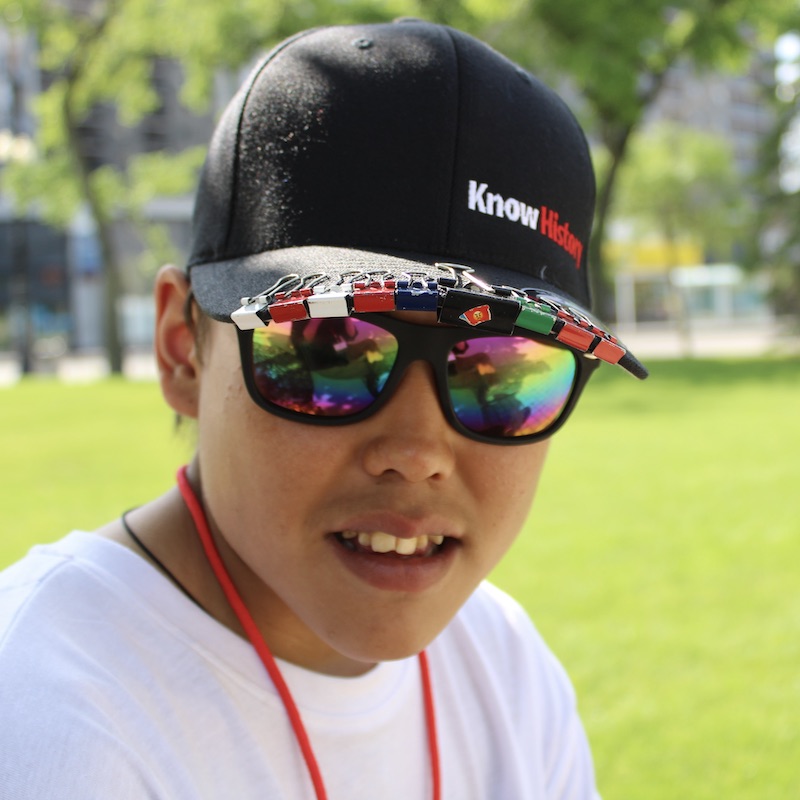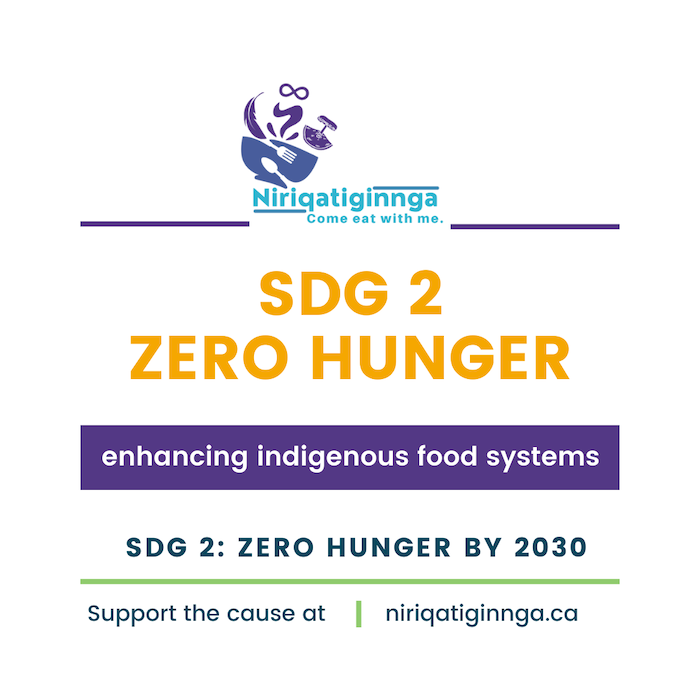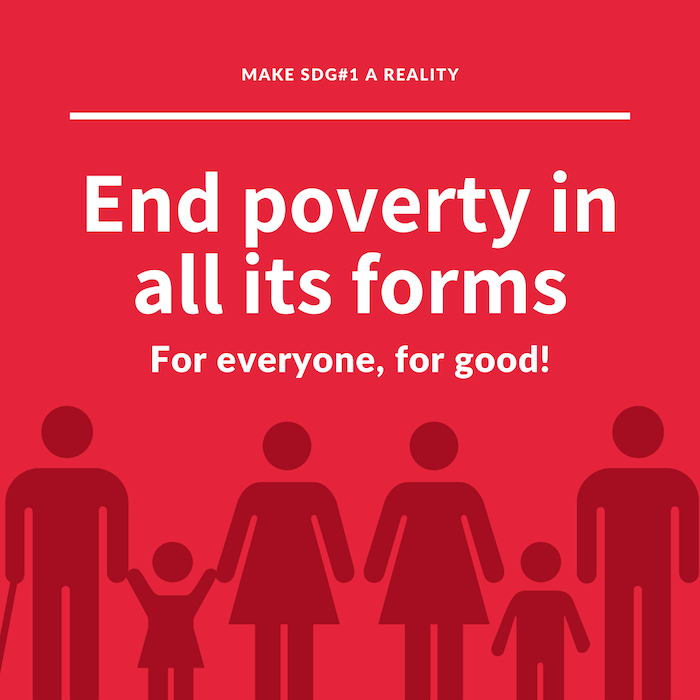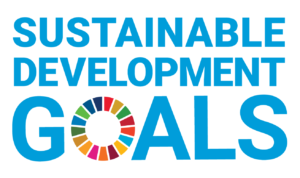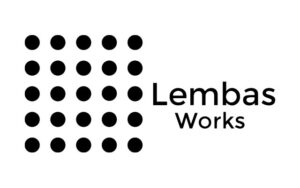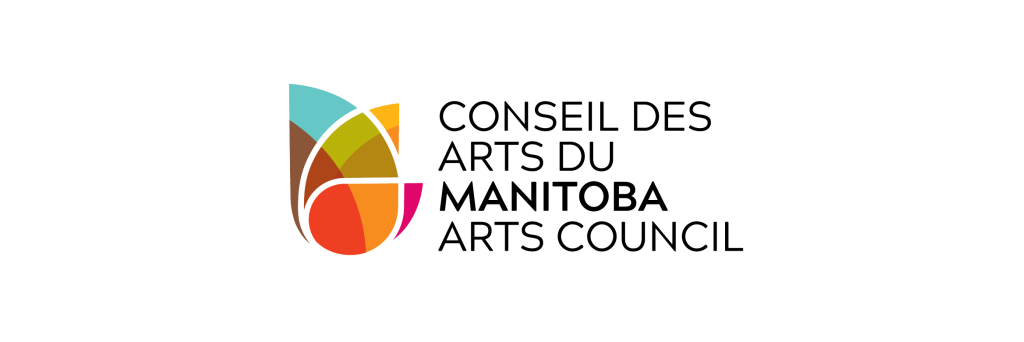This month, as part of our Winter Cities-themed storytelling and arts training, we have been learning about Global Affairs Canada’s Action Plan on Reconciliation with Indigenous Peoples. In particular, we learned about how the department is working to chart a course toward advancing the rights, perspectives, and prosperity of Indigenous peoples in Canada and globally from 2021 to 2025.
As we prepare for our presentation for the 2024 Arctic Congress in Norway, it is essential to highlight how our project intersects with and contributes to the shared goals and aspirations of both Norway and Canada in the Arctic region. Our projects’ participation in the Arctic Congress 2024 aligns with Norway’s efforts to promote sustainability and foster deeper and more meaningful Arctic cooperation.
What we’ve learned so far?
In our exploration of the Global Affairs Canada’s Action Plan on Reconciliation with Indigenous Peoples this week, we gained valuable insights into the department’s strategies for advancing Indigenous rights, perspectives, and prosperity from 2021 to 2025. The framework underscores the importance of fostering meaningful engagement, addressing systemic challenges, and building inclusive partnerships with Indigenous communities, both domestically and internationally.
With a commitment to listening, learning, and collaboration, the plan seeks to uphold the rights, histories, cultures, and languages of Indigenous peoples while addressing systemic barriers they face. It outlines a vision where Global Affairs Canada collaborates with Indigenous peoples in Canada and abroad to advance their rights and prosperity, applying a reconciliation lens across its various functions, informed by key documents such as the Truth and Reconciliation Commission Calls to Action and the UN Declaration on the Rights of Indigenous Peoples.
Expanding our discussions to include the alignments of our project with Norway and Canada’s priorities offers a broader perspective on the significance of our upcoming presentation in Norway this June. Norway’s Arctic Council chairship priorities, including climate change impacts and sustainable development, resonate strongly with our commitment to advancing Indigenous rights, perspectives, and prosperity. The overarching themes of Arctic Youth and Arctic Indigenous peoples, central to Norway’s chairship, mirror the core values of our project, emphasizing collaboration and inclusivity.
At the same time, our project resonates with Canada’s Arctic and Northern Policy Framework, which emphasizes community resilience, infrastructure development, and economic diversification. By addressing food insecurity, improving infrastructure, and supporting local economies, our project contributes directly to the framework’s goals of strengthening Indigenous communities and fostering sustainable economic growth in the North. Our alignment with these priorities underscores the relevance and importance of our work in the context of broader Arctic policy objectives.
At its core, the Action Plan serves as a foundational document, outlining the department’s commitments and strategies for the next four years. By integrating reconciliation efforts into diplomacy, trade, international assistance, and consular affairs, Global Affairs Canada aims to respect and implement the rights of all Indigenous peoples. The plan is guided by principles that prioritize strengthening relationships, advancing human rights, adopting a feminist approach, and learning from domestic experiences.

